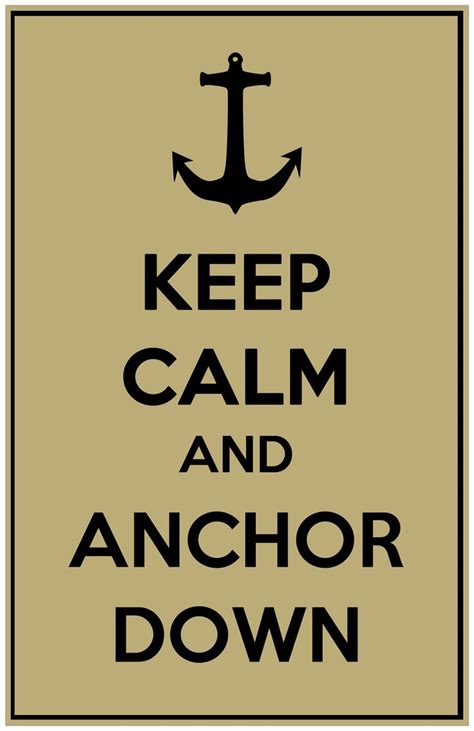As you embark on your college journey, it’s essential to drop anchor and establish a solid foundation for academic achievement. Embark on this nautical-themed guide to navigate the turbulent waters of higher education, equipped with strategies and insights to ensure your academic ship stays afloat.

Charting the Course: Effective Strategies
1. Set Sail with a Course Map
Create a detailed academic plan that outlines your course schedule, deadlines, and assignments. This roadmap will keep you organized and prevent you from drifting off course.
2. Navigate the Seas of Knowledge
Immerse yourself in your studies, attend classes regularly, and participate actively in discussions. Seek out resources like the library, academic support services, and office hours for added guidance.
3. Hoist the Sails of Discipline
Establish a consistent study routine, prioritize tasks effectively, and manage your time wisely. Discipline will propel you towards your academic goals.
4. Cast the Nets of Collaboration
Connect with your peers, form study groups, and seek support from mentors or professors. Collaboration can enhance your understanding and strengthen your academic network.
5. Weather the Storms of Stress
College can present challenges and stressors. Develop healthy coping mechanisms such as exercise, mindfulness, or reaching out to support systems for resilience in the face of adversity.
Common Reefs to Avoid: Mistakes to Steer Clear of
1. The Sargasso Sea of Procrastination
Avoid drifting into the stagnant waters of procrastination. Break down large tasks, set realistic deadlines, and reward yourself for completing them on time.
2. The Maelstrom of Distractions
Identify and eliminate distractions that can capsize your academic focus. Turn off social media, find a quiet study space, and minimize interruptions to stay on course.
3. The Tsunami of Overwhelm
Don’t let the waves of assignments and exams overwhelm you. Delegate tasks when possible, break them down into smaller steps, and seek help if needed.
4. The Whirlpool of Comparison
Avoid falling into the treacherous whirlpool of comparing yourself to others. Focus on your own progress and celebrate your accomplishments.
5. The Iceberg of Burnout
Recognize the signs of burnout and take proactive steps to prevent it. Engage in self-care activities, set boundaries, and prioritize your well-being to avoid sinking into academic exhaustion.
The Compass of Pros and Cons: Weighing the Anchor
Pros of Anchoring Down:
- Academic Foundation: Establish a firm grasp of essential concepts and skills.
- Time Management: Improve planning and organizational abilities.
- Study Habits: Develop effective and efficient study techniques.
- Networking: Build strong connections with peers and mentors.
- Resilience: Enhance adaptability and coping skills to navigate challenges.
Cons of Anchoring Down:
- Potential Rigidity: May limit flexibility and spontaneity in your academic pursuits.
- Academic Overload: Can lead to stress and burnout if not managed carefully.
- Missed Opportunities: May prevent you from exploring new interests or experiences outside of the anchor zone.
Coining a Creative Concept: The “Accademicle”
As you venture into the realm of higher education, consider the term “Accademicle.” Coined from “academic” and “miracle,” the Accademicle symbolizes the transformative power of anchoring down and embracing effective strategies.
Just as a captain anchors a ship to ensure stability in turbulent waters, you can anchor down in your college journey for academic success. Embrace the Accademicle mindset to weather the storms of college and navigate the seas of knowledge with confidence.
Manifest Your Accademicle: A Comprehensive Table of Anchor Down Strategies
| Strategy | Description |
|---|---|
| Course Mapping | Create a detailed academic plan outlining your course schedule, deadlines, and assignments. |
| Immersive Learning | Engage fully in your studies, attend classes regularly, participate actively in discussions, and seek out additional resources. |
| Discipline and Time Management | Establish a consistent study routine, prioritize tasks effectively, and manage your time wisely. |
| Collaboration and Support | Connect with peers, form study groups, and seek support from mentors or professors. |
| Stress Management | Develop healthy coping mechanisms such as exercise, mindfulness, or reaching out to support systems. |
Avast, Ye College Voyagers: Additional Insights
- Stay Informed: Keep up-to-date with academic news and developments in your field of study.
- Seek Guidance: Don’t hesitate to reach out to professors, academic advisors, or career counselors for guidance and support.
- Explore Opportunities: Take advantage of extracurricular activities, research experiences, and internships to enrich your college journey.
- Reflect and Adjust: Regularly evaluate your progress and make adjustments to your strategies as needed.
- Embrace the Journey: Remember that college is a journey, not a destination. Enjoy the process of learning, growing, and making valuable connections.
As you anchor down in your college journey, remember the wisdom of these nautical-inspired strategies. They will guide you towards the calm seas of academic success, where your ship of knowledge can sail confidently amidst the challenges of higher education.
